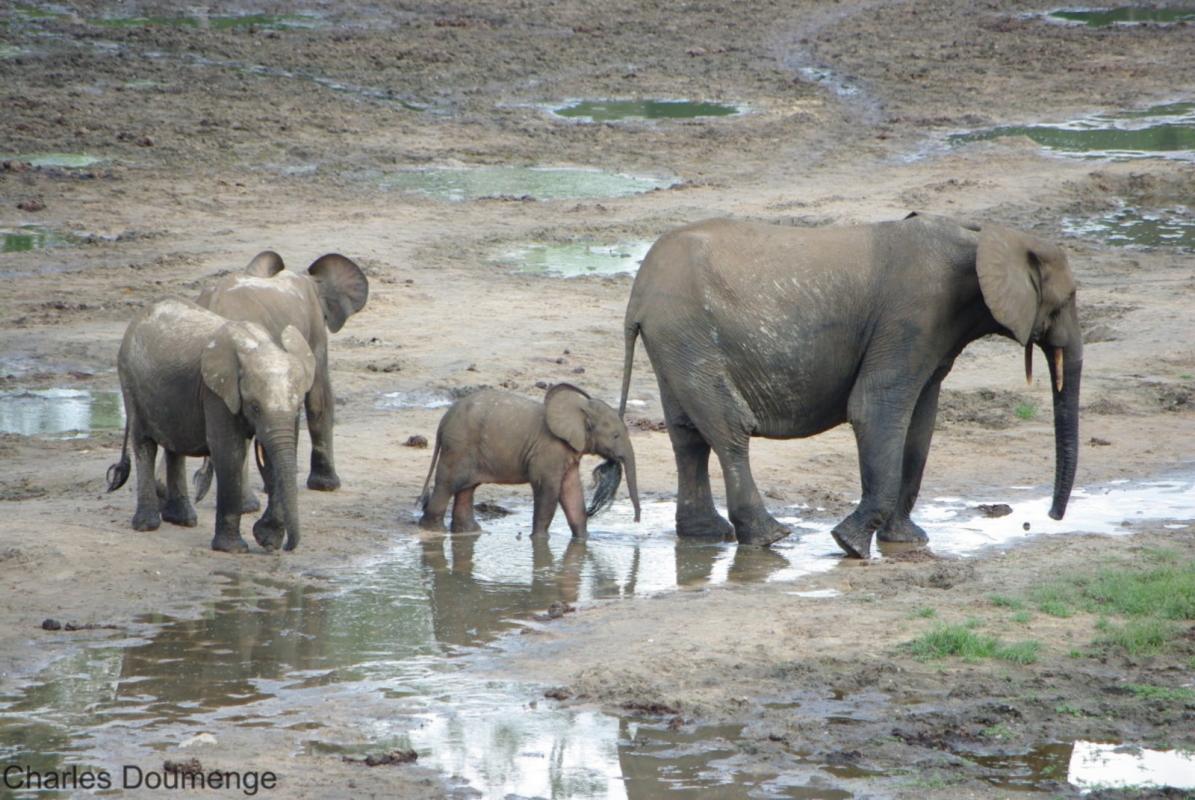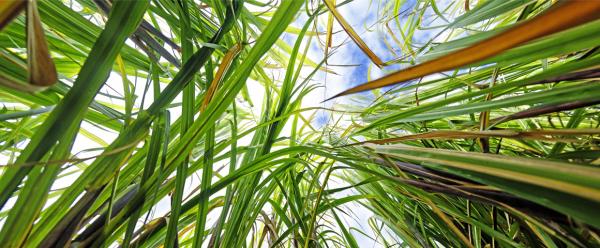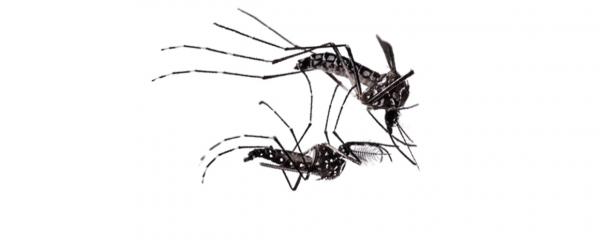Results & impact 27 March 2024
- Home
- Press area
- Press releases
- coronavirus consequences biodiversity Africa
The pandemic will inevitably have consequences for conservation of wildlife in Africa and for the people who depend on it

Tourism has collapsed, funding has been cut and conservation agencies' activities in the field have been severely limited, a snowball effect triggered by travel restrictions during the health crisis. "The crisis has highlighted the importance of tourism for conservation in Africa, and also the danger of over-reliance on external funding, which has always been insufficient", says Peter Lindsey, a conservation biologist working for the Wildlife Conservation Network, the study's lead author.
During the crisis, conservation agencies, national wildlife authorities, landowners and conservation NGOs have had to focus on the most critical activities, to avoid local job losses and guarantee essential services.
As for the communities living around protected areas, "those that had followed advice from conservation NGOs and invested in wildlife tourism have now lost everything", Alexandre Caron, an ecologist and veterinarian working for CIRAD and for UEM (Universidade Eduardo Mondlane) in Mozambique, adds. Those communities were already some of the poorest and most overlooked by governments.
That increased poverty poses a direct threat to the neighbouring protected areas. "Now that they are even poorer, these communities will be more dependent on natural resources for their food security, and particularly on wildmeat". Yet in the disease emergence hotspots such as the forests of central Africa, more hunting means more contact between humans and animals and thus a greater risk of disease emergence.
Investing more in protecting natural capital
What can be done? The study's authors call upon African governments to invest more in protecting their natural capital and quantify the value of natural assets. They invite emerging countries in Africa (Kenya and South Africa) to develop local or regional tourism, to make them less dependent on international tourists.
The aim is to find ways of involving communities living near protected areas in their management. "As things stand, people living on the fringes of the parks suffer substantial losses cause by wildlife: elephants destroy their fields and lions eat their animals. They pay a heavy price for conservation, but do not benefit much from it."
To strike some sort of balance, the authors are calling for international aid. "Developed countries could organize debt-for-nature swaps, pay communities to protect nature and give countries financial incentives to preserve and manage wildlands, in exchange for the global environmental services they provide."
Reconciling development and conservation
The authors explain that development objectives and conservation objectives are not mutually exclusive. "What we need to do is to position protected areas and the zones around them as focal points for development and for services benefiting local people", notably through eco-tourism. However, Alexandre Caron advises caution: "tourism cannot be developed everywhere, and the main current economic models for tourism primarily benefit governments and tour operators rather than local communities; At CIRAD, along with our partners, we are banking on agriculture within a conservation context."
Giving communities rights while respecting and protecting nature
To this end, communities must have rights over the land in question, which is not currently the case. "In response to the multitude of current crises and of global change, including climate change, local communities must diversify their ways of life while safeguarding their culture and traditional farming practices, which are key to their livelihoods and wellbeing." Those practices must be anchored in access to land and make sustainable use of natural resources. "This is the central concept of our research operations."
Reference
Lindsey, P., Allan, J., Brehony, P. et al. Conserving Africa’s wildlife and wildlands through the COVID-19 crisis and beyond. Nat Ecol Evol (2020)


























-CLanaud-BD.jpg)